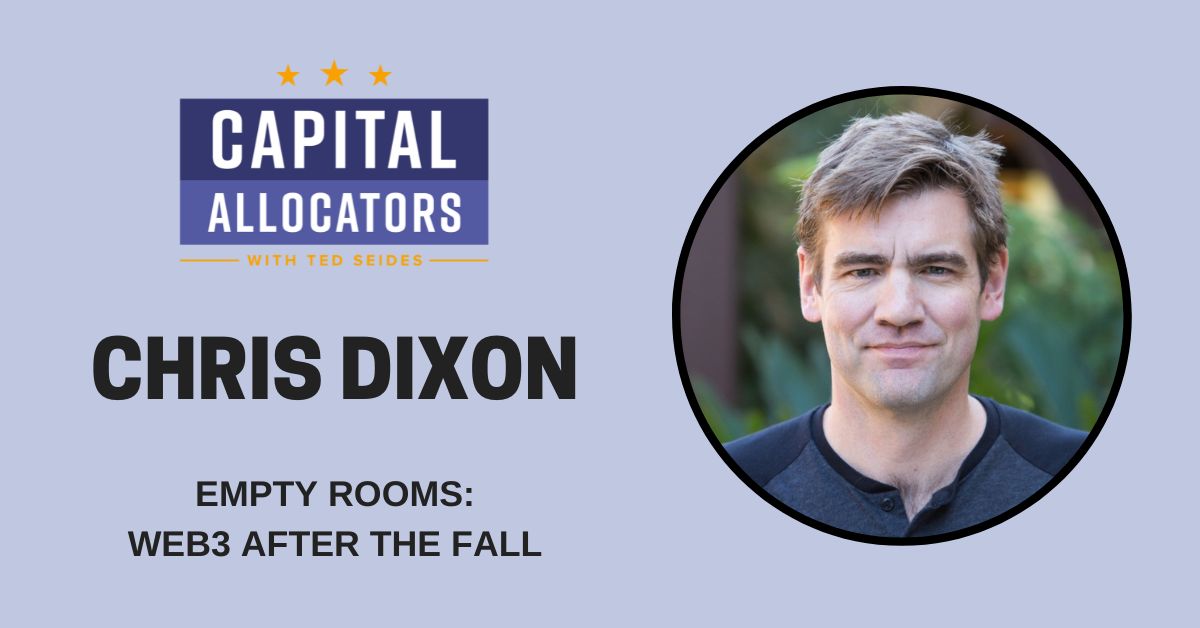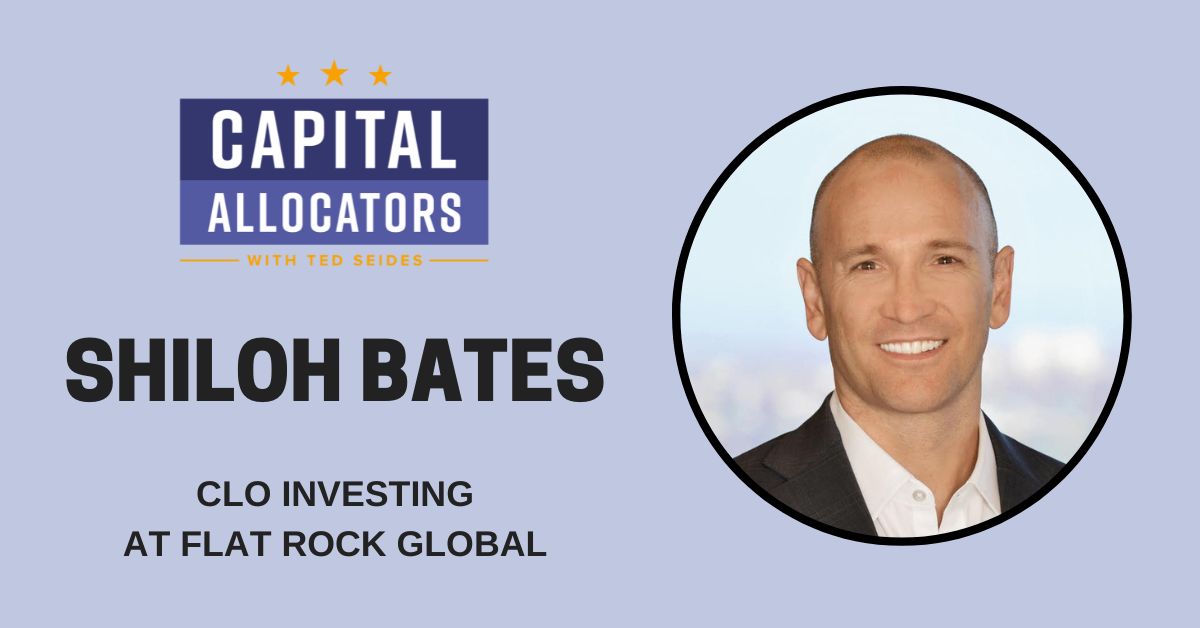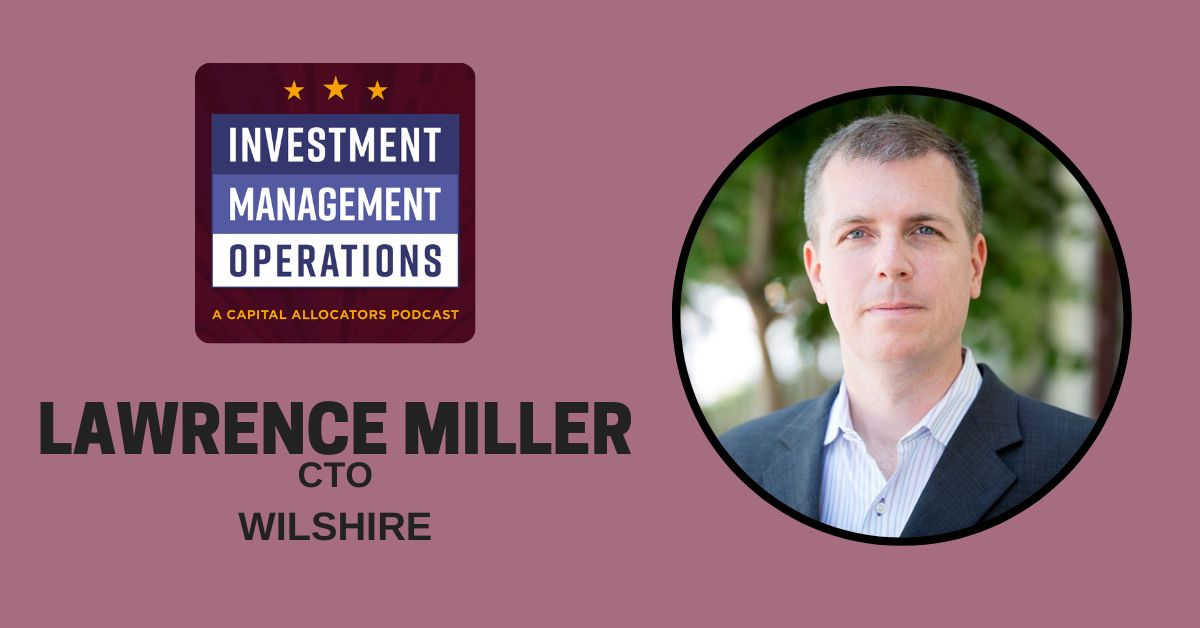
Thinking it Through
Episode Description:
Jenny Heller is the President and Chief Investment Officer of Brandywine Trust Group. Brandywine formed 25 years ago to manage the capital for a small group of families that all share a long-term, multi-generational time horizon. Today, it oversees almost $9B for those same families, much of it from compounding over a quarter century. The Group invests flexibly across asset classes, with a focus on partnering with people who they believe have sustainable competitive advantages, share their long-term vision, and have highly aligned interests. These elite managers often start with great ideas, but limited capital.
Before taking the helm at Brandywine five years ago, Jenny worked at the Sloan Foundation, Stanford University Management Company, and Merrill Lynch in its investment banking program. She is a graduate of Williams College, where she serves on its Investment Advisory Committee, and Stanford Business School.
Our conversation starts with Jenny’s frustrating experiences with a non-profit micro finance in India and South Africa and turns to her career allocating money on behalf of non-profits and families. We touch on subtleties in picking managers for taxable investors, challenges in executing a long-term strategy, learning from mistakes, and mentorship. Jenny’s clear and deep thought process provides pearls of wisdom throughout our conversation.
All opinions expressed by Ted and podcast guests are solely their own opinions and do not reflect the opinion of the firms they represent. This podcast is for informational purposes only and should not be relied upon as a basis for investment decisions.




